There are 5 main ways we can help you manage your concussion: exercise therapy, manual therapy (like chiropractic), balance and visual rehabilitation, nutrition, and education and reassurance.
There is a reduction in blood flow to the brain in the early stages of concussion. Research shows these blood flow changes may persist for some time following injury, even after your symptoms have gone away.
It’s important you don’t just rest and hope you get better. The sooner you start treatment and appropriate activity, the more likely it is you will recover well.
At Thrive, we can offer you the following treatments.
1. Exercise therapy
Exercise therapy can help with your symptoms and improve blood flow.
We will first conduct some testing to establish set points so we can see where you are after your concussion. We’ll then set you up with a program specific to you. You will be safely guided back to being fully active again, whether it’s returning to your sport, or getting back to work or school.
It is important to see someone who knows exactly what they are doing, so don’t jump back into your usual activity without professional support.
2. Manual therapy and neck rehab
With every concussion, there is also a whiplash.
It’s impossible for a concussion to occur without also causing a sprain or strain injury to your neck. The signs and symptoms of whiplash and neck dysfunction can be very similar to concussion.
So, if you are still having what you think are concussion symptoms, even if you don’t have neck pain, you may actually be suffering from symptoms that are coming from your neck.
Our chiropractors can test to see where your symptoms are coming from and make sure you get the appropriate treatment.
3. Balance and visual rehab
Dizziness is one of the most common ongoing complaints of patients with persistent symptoms.
This can happen because of disturbances to the vestibular and visual systems.
The vestibular system includes the semicircular canals in your inner ears that help you balance, and the connections in your brain that relate to these canals.
We can provide a vestibular and visual rehabilitation program. We can assess to find where the problem lies, and then target this with appropriate exercises. This may help to reduce symptoms such as dizziness, visual abnormalities, concentration issues and memory problems.
4.Nutrition
With injury to any tissue, there is inflammation.
Modifying your diet during recovery may help to offset inflammation and reduce symptoms.
Avoid pro-inflammatory foods:
Red meats
Refined sugars
White breads and pastas
Artificial sweeteners
Choose healthier options such as:
Fruits and vegetables
Fresh caught fish:
Salmon
Mackerel
Herring
Good fats:
Coconut oil
Flax seed
Almonds
We can offer more specific advice in person. If we think you need additional support, we will suggest seeing a qualified dietician or nutritionist.
5. Education and reassurance
Concussion can be difficult to experience. And if you have a history of depression or anxiety, you are more likely to have prolonged symptoms.
So, supporting you with education and reassurance is an important part of concussion management. Sometimes, simply having things explained clearly so you know what’s going on, that it can improve, and that there’s help, is enough for people to cope better.
Hopefully, reading this article has helped you feel better about your condition. If you would like more information, we have other blogs about concussion.
In more serious cases you may need to see a mental health professional. If you feel that you are depressed or hopeless, please talk to us or your doctor.
What about rest?
During the early stages following a concussion, moderate rest is still important. Limit your activity within the first 24 to 48 hours, be careful but don’t do absolutely nothing. Returning to activity under the guidance of an experienced and qualified practitioner just makes sense.
Read more about concussion misconceptions
More information on treating concussion
Contact us or book an appointment at our clinic in Canberra
Read our blogs on concussion
Thrive is member of the Complete Concussion Management Inc.™ (CCMI) Partnership Program - a network of clinics around the world offering evidence-based concussion care.

